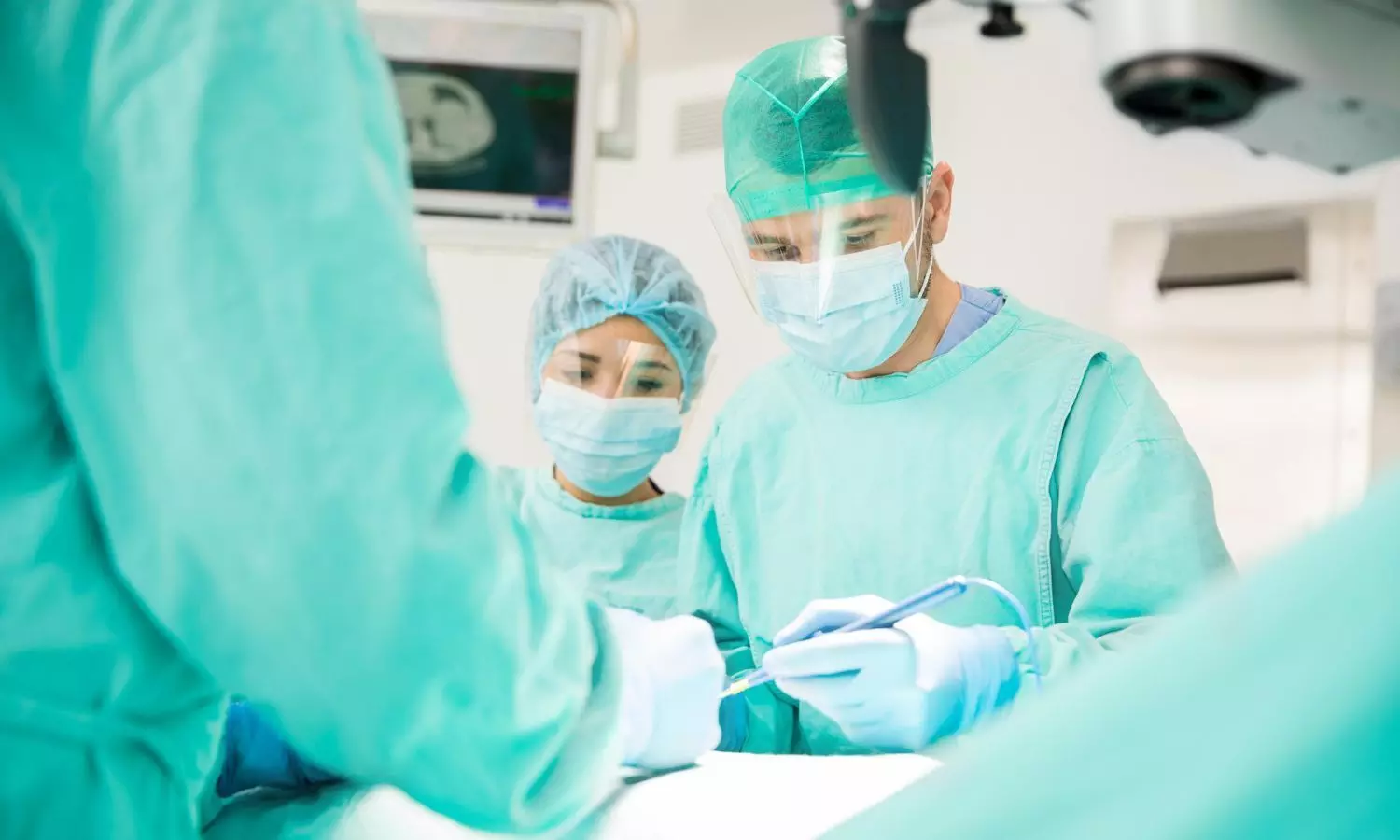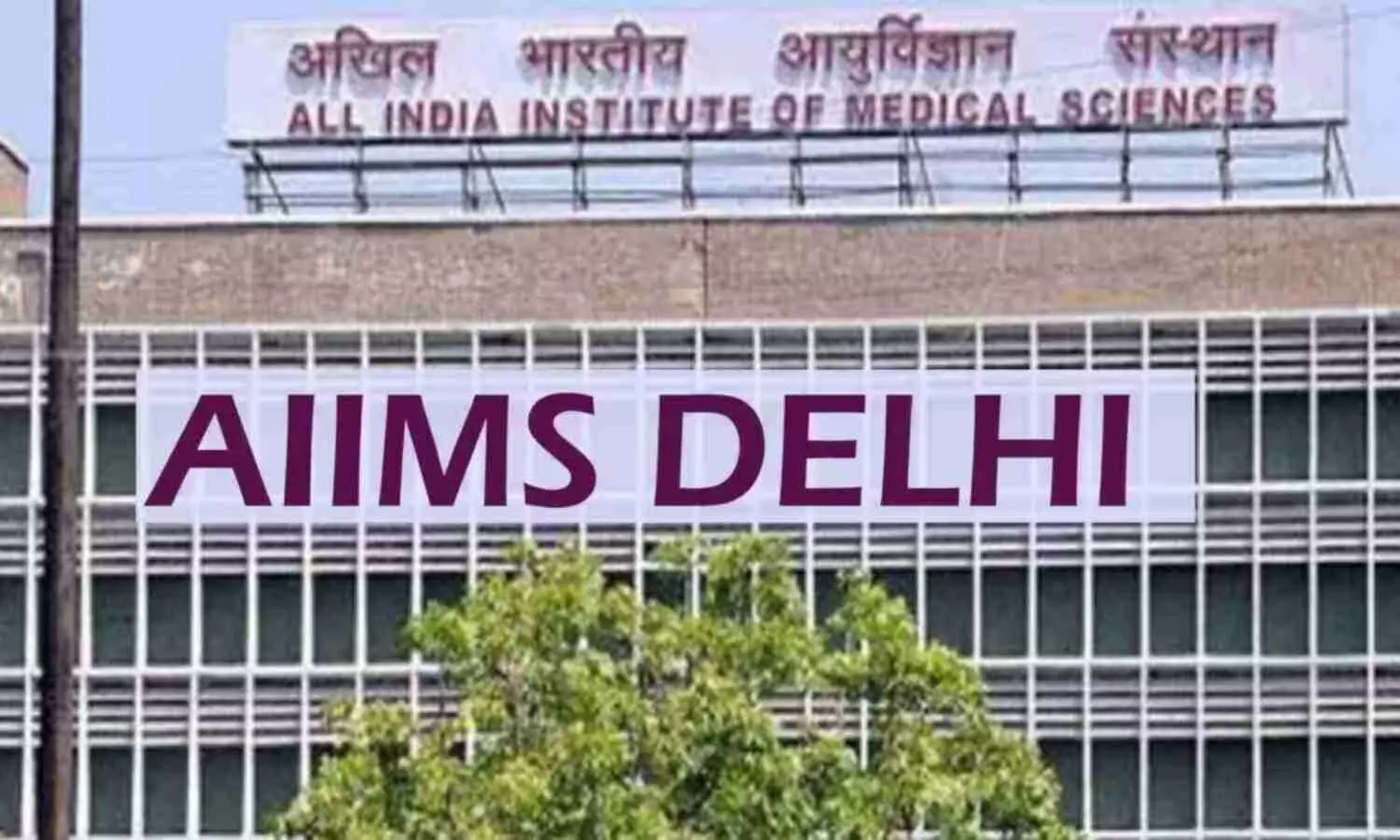- Home
- Medical news & Guidelines
- Anesthesiology
- Cardiology and CTVS
- Critical Care
- Dentistry
- Dermatology
- Diabetes and Endocrinology
- ENT
- Gastroenterology
- Medicine
- Nephrology
- Neurology
- Obstretics-Gynaecology
- Oncology
- Ophthalmology
- Orthopaedics
- Pediatrics-Neonatology
- Psychiatry
- Pulmonology
- Radiology
- Surgery
- Urology
- Laboratory Medicine
- Diet
- Nursing
- Paramedical
- Physiotherapy
- Health news
- Fact Check
- Bone Health Fact Check
- Brain Health Fact Check
- Cancer Related Fact Check
- Child Care Fact Check
- Dental and oral health fact check
- Diabetes and metabolic health fact check
- Diet and Nutrition Fact Check
- Eye and ENT Care Fact Check
- Fitness fact check
- Gut health fact check
- Heart health fact check
- Kidney health fact check
- Medical education fact check
- Men's health fact check
- Respiratory fact check
- Skin and hair care fact check
- Vaccine and Immunization fact check
- Women's health fact check
- AYUSH
- State News
- Andaman and Nicobar Islands
- Andhra Pradesh
- Arunachal Pradesh
- Assam
- Bihar
- Chandigarh
- Chattisgarh
- Dadra and Nagar Haveli
- Daman and Diu
- Delhi
- Goa
- Gujarat
- Haryana
- Himachal Pradesh
- Jammu & Kashmir
- Jharkhand
- Karnataka
- Kerala
- Ladakh
- Lakshadweep
- Madhya Pradesh
- Maharashtra
- Manipur
- Meghalaya
- Mizoram
- Nagaland
- Odisha
- Puducherry
- Punjab
- Rajasthan
- Sikkim
- Tamil Nadu
- Telangana
- Tripura
- Uttar Pradesh
- Uttrakhand
- West Bengal
- Medical Education
- Industry
NITI Aayog partners with JnK to Boost Healthcare Infrastructure

Doctors
Jammu: In a significant move toward transforming the healthcare delivery framework in Jammu and Kashmir, a high-level consultative meeting was held to chart out major reforms in the medical sector. The meeting was marked by the active participation of Dr Vinod K. Paul, Member (Health), NITI Aayog, who offered key strategic inputs to bolster the healthcare ecosystem.
The meeting focused on an ambitious healthcare roadmap prioritizing equitable access, quality enhancement, and technology-driven healthcare delivery, particularly for remote and underserved areas. Expansion of medical education, digitisation of clinical care, and development of tertiary services were key themes in the discussion, reports Medical Buyer.
The Chief Secretary of J&K, Atal Dulloo, led the deliberations, presenting a broad overview of recent reform efforts undertaken across the UT. He sought guidance from Dr Paul on these initiatives for long-term improvements. Top officials, including the Secretary of Health and Medical Education, Mission Director of NHM, State Health Agency CEO, SKIMS Director, principals of government medical colleges, and senior health administrators from both Jammu and Kashmir regions, were present at the meeting.
Dr Vinod K. Paul, a reputed paediatrician and former AIIMS professor, appreciated J&K’s rapid uptake of digital health platforms such as Tele-ICUs, telemedicine, and online consultations. Acknowledging their role in narrowing the healthcare gap between urban and rural zones, he urged robust quality control mechanisms and real-time tracking systems involving both public and private players.
The meeting included discussions on augmenting PG and super-speciality programs — including MD, MS, DNB, DM, and MCh — across the UT to ensure a sustained pipeline of qualified specialists. This expansion, officials stated, would substantially strengthen tertiary care facilities in the region's emerging medical colleges. Dr Syed Abid Rashid Shah, Secretary, Health and Medical Education, stressed the importance of growing medical expertise within the UT and highlighted ongoing efforts to streamline services and infrastructure.
The forum also deliberated on regulatory hurdles, such as National Medical Commission (NMC) distance norms that currently limit the attachment of District Hospitals to medical colleges. A proposal to adopt alternate criteria based on patient accessibility and travel time was tabled to maximise infrastructure utilisation and improve clinical outcomes. Emergency healthcare preparedness received due attention, with suggestions to establish dedicated Emergency Medicine departments in peripheral colleges. Strengthening accident and trauma care, especially in border and high-risk zones, formed part of the discussion.
A special focus was placed on geriatric health, with proposals aligned to NITI Aayog’s “Services Care” framework. Emphasis was laid on making healthcare infrastructure elder-friendly and expanding services for the ageing population. The meeting also proposed a strategic partnership model for AIIMS institutions in J&K to mentor and support neighbouring district hospitals and community health centres through referral services, tele-diagnostics, and medical training programs.
To enhance dental care accessibility in remote belts, stakeholders agreed on deploying mobile dental units, in both public and private capacities, and using the expertise of local dental surgeons. Dr Paul recommended adopting a project-based approach to scaling Tele-ICUs across the region using both central and state resources. He also proposed that collaborations be forged with NGOs and think tanks to integrate best practices from other states.
Concluding the session, Chief Secretary Atal Dulloo affirmed the administration’s resolve to make J&K a leading model for people-centric, tech-enabled, and inclusive healthcare. “Our priority remains universal access, quality assurance, and sustainability of healthcare systems,” he remarked.
Sanchari Chattopadhyay has pursued her M.A in English and Culture Studies from the University of Burdwan, West Bengal. She likes observing cultural specificities and exploring new places.




